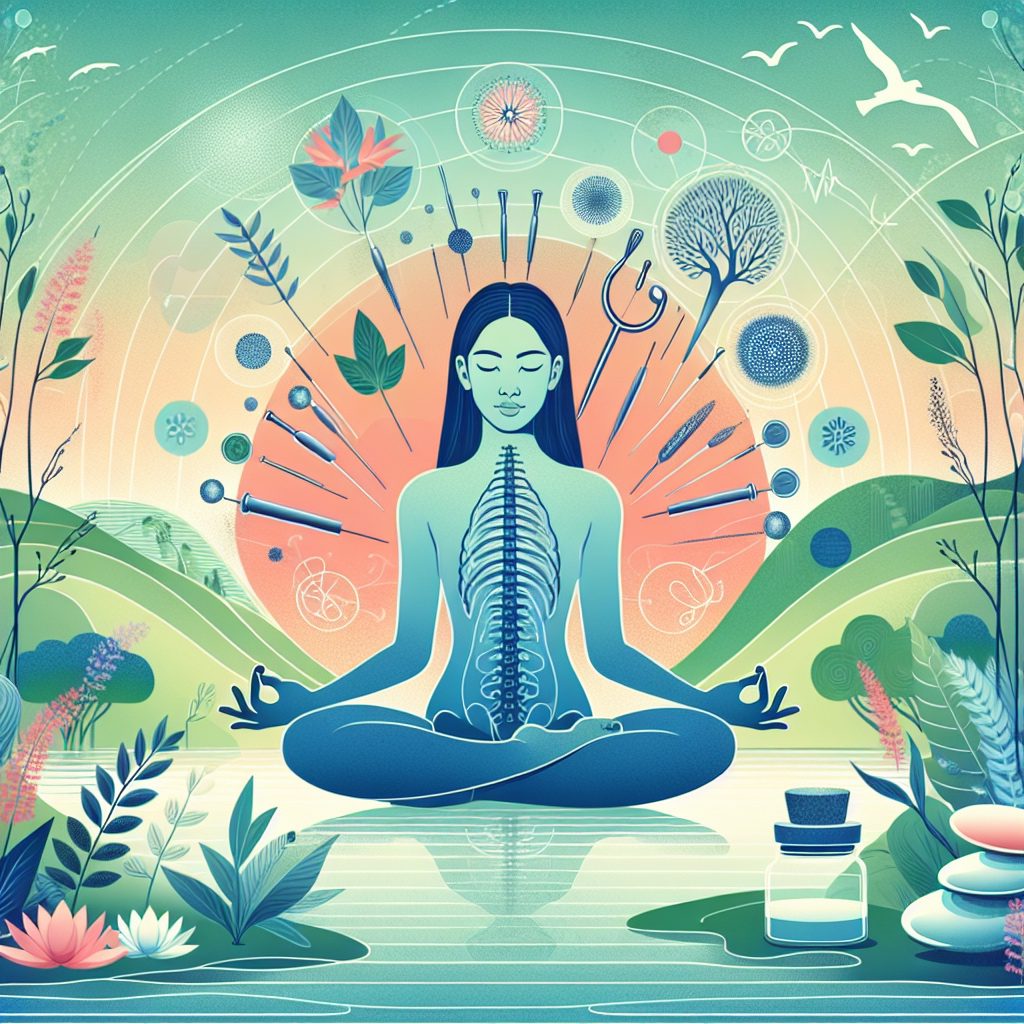The Resurgence of Traditional Medicine
Throughout history, humans have turned to nature’s bounty for healing and wellness. From the lush rainforests of the Amazon to the snow-capped peaks of the Himalayas, ancient cultures have harnessed the power of plants, minerals, and natural phenomena to address a myriad of health concerns. This time-honored approach, known as traditional medicine, has stood the test of time, remaining a popular choice for millions worldwide.
Today, as we face modern health challenges, there’s a renewed interest in these age-old practices. The wisdom of our ancestors, passed down through generations, is now being viewed through the lens of contemporary science, offering a potential key to better health in our fast-paced, stress-filled world. This resurgence of traditional medicine isn’t just a nostalgic nod to the past; it’s a recognition that the healing secrets of nature, combined with modern understanding, could hold solutions to some of our most pressing health issues. As we explore the intersection of ancient wisdom and modern science, we open doors to a more holistic, integrative approach to health and wellness.
Key Traditional Medicine Systems
Traditional medicine systems have evolved over thousands of years, each with its unique approach to health and healing. Among the most prominent are Traditional Chinese Medicine (TCM), Ayurveda from India, and Kampo from Japan. These ancient practices share a common thread: they view health as a state of balance and harmony within the body and with the surrounding environment.
Traditional Chinese Medicine, dating back over 2,500 years, is based on the concept of Qi, or vital energy, flowing through meridians in the body. TCM practitioners use techniques such as acupuncture, herbal remedies, and tai chi to restore balance and promote health. For instance, the herb ginseng is widely used in TCM to boost energy and support overall well-being. Modern research has shown that ginseng contains compounds called ginsenosides, which have antioxidant and anti-inflammatory properties.
Ayurveda, the “science of life” from India, is another comprehensive system of traditional medicine. It emphasizes the balance of three doshas – Vata, Pitta, and Kapha – which represent different physiological principles. Ayurvedic treatments often include herbal remedies, dietary changes, and lifestyle modifications. One popular Ayurvedic herb, turmeric, has gained significant attention in modern scientific research for its potent anti-inflammatory properties.
Kampo, the traditional herbal medicine of Japan, shares roots with TCM but has developed its own unique characteristics over centuries. Kampo formulations typically consist of multiple herbs and are prescribed based on the patient’s specific symptoms and constitution. For example, the Kampo formula “Yokukansan” has been studied for its potential benefits in managing behavioral and psychological symptoms of dementia.
Modern Adaptations and Scientific Validation
As these traditional medicines gain global popularity, they are being adapted to cater to a wider audience. Modern extraction techniques and quality control measures are being applied to traditional herbal formulations, ensuring consistency and safety. Additionally, scientific research is increasingly focusing on validating the efficacy of these ancient remedies.
The integration of traditional medicine with modern scientific research has led to some promising discoveries. For instance, artemisinin, a compound derived from the Chinese herb Artemisia annua, has become a crucial component in malaria treatment. This discovery, which earned Chinese scientist Tu Youyou a Nobel Prize, exemplifies the potential of combining traditional knowledge with modern scientific methods.
Traditional medicines have shown effectiveness in treating various ailments, from chronic pain to digestive disorders. For example, acupuncture, a key component of TCM, has been recognized by the World Health Organization as an effective treatment for certain types of pain and nausea. Similarly, Ayurvedic practices like yoga and meditation have been widely adopted globally for stress management and mental health support.
The growing interest in traditional medicine reflects a shift towards more holistic, patient-centered approaches to health. Many people are turning to these time-tested methods as complementary therapies, seeking to address not just symptoms but the root causes of their health issues. This trend towards integrative health approaches combines the best of both worlds – the wisdom of traditional medicine and the precision of modern science – offering new possibilities for comprehensive healthcare solutions.
The Future of Integrative Health
The future of healthcare is increasingly moving towards integrative health approaches, combining the best of traditional wisdom with modern scientific advancements. This holistic approach recognizes that true wellness extends beyond merely treating symptoms and instead focuses on nurturing overall health and preventing illnesses.
Natural ingredients and traditional remedies play a crucial role in this integrative approach. Ancient healing systems have long emphasized the power of plant-based medicines and lifestyle practices to maintain balance in the body and mind. Modern research is now validating many of these traditional methods, revealing the complex biochemical mechanisms behind their effectiveness.
For instance, adaptogenic herbs like ashwagandha and rhodiola, long used in traditional medicine systems, are now being studied for their potential to help the body resist stress and maintain homeostasis. Similarly, practices like mindfulness meditation, rooted in ancient traditions, are now recognized for their ability to reduce stress and improve overall well-being.
The shift towards preventive care is another area where traditional wisdom aligns with modern health goals. Many traditional medicine systems emphasize the importance of maintaining health through proper diet, exercise, and lifestyle choices, rather than just treating diseases as they arise. This preventive approach is now gaining traction in modern healthcare as a cost-effective and sustainable way to address health challenges.
At HerbalsZen, we are at the forefront of this exciting convergence of ancient wisdom and modern science. Our commitment to merging Eastern health philosophies with cutting-edge research allows us to provide high-quality natural ingredients that meet the demands of today’s health-conscious consumers.
We carefully select pure, potent botanicals and develop formulations that harness nature’s healing powers while adhering to rigorous scientific standards. Our approach enables health product manufacturers, wellness professionals, and retailers to create superior health products that resonate with the growing demand for natural, effective solutions.
By bridging the gap between traditional knowledge and modern science, we’re not just providing ingredients; we’re contributing to a new paradigm in healthcare. One that respects the wisdom of the past while embracing the innovations of the present, offering a more comprehensive approach to health and wellness.
As we look to the future, the integration of traditional medicine and modern science holds immense promise. It offers the potential to address complex health challenges, promote wellness on a global scale, and create a more balanced, holistic approach to healthcare. By respecting the wisdom of traditional practices and subjecting them to scientific scrutiny, we can unlock new pathways to better health for individuals and communities worldwide.
In conclusion, traditional medicine, with its emphasis on natural remedies and holistic approaches, is indeed proving to be a key to better health in our modern world. By combining ancient wisdom with contemporary scientific understanding, we can create powerful, integrative solutions that address the complex health challenges of today and tomorrow. At HerbalsZen, we’re proud to be part of this transformative journey, helping to shape a future where nature’s healing power and scientific innovation work hand in hand for the betterment of global health.




